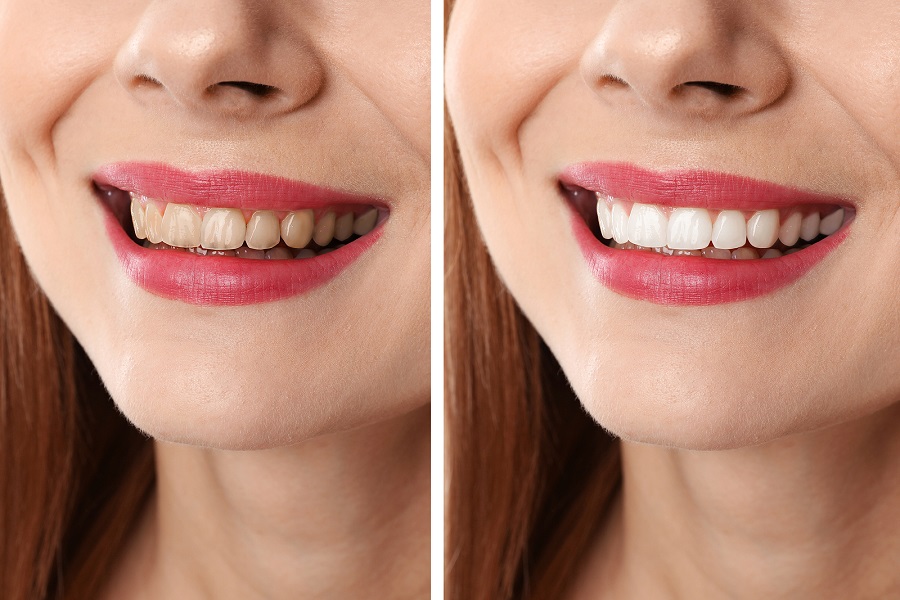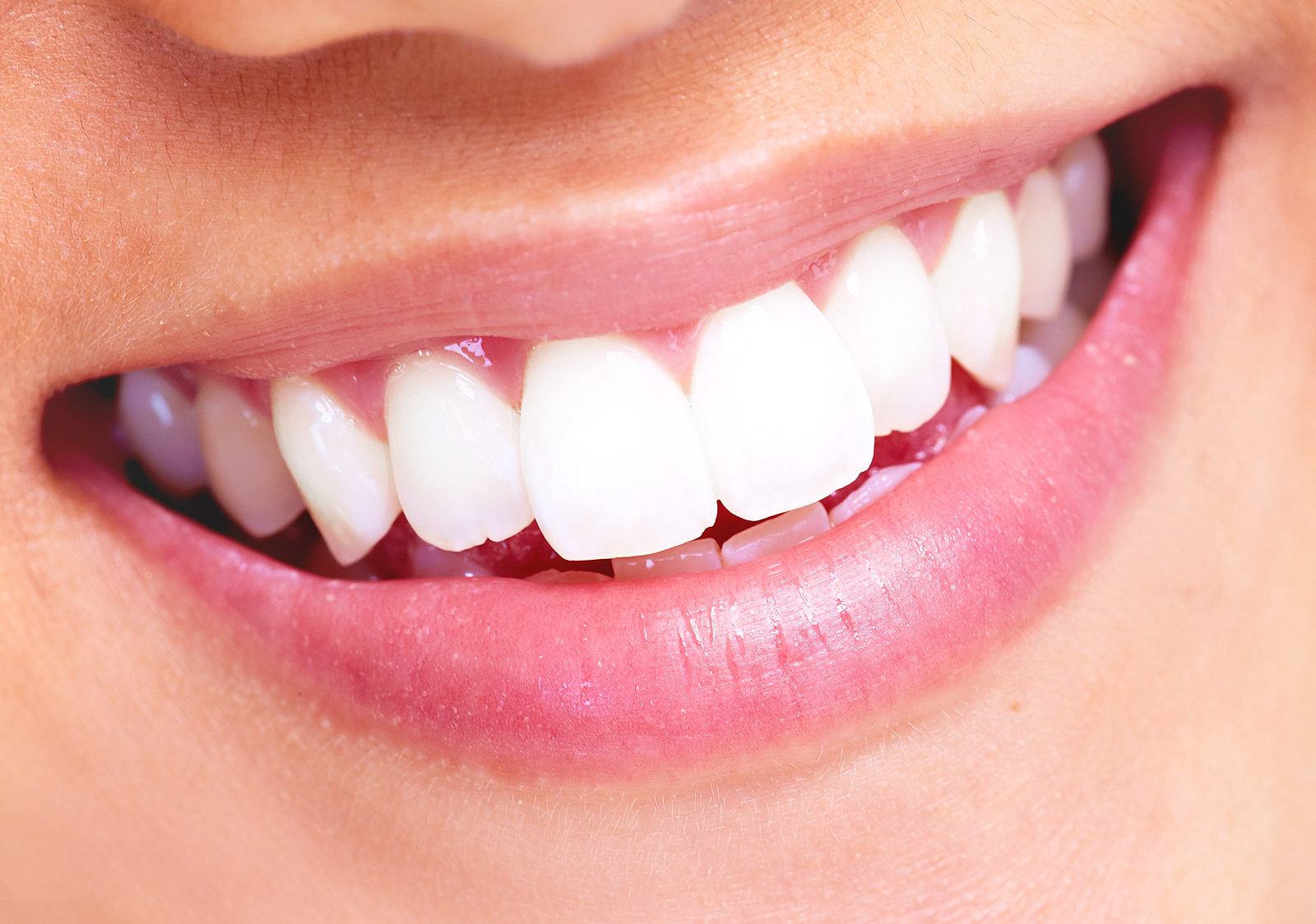TMJ: DIAGNOSES AND TREATMENT
WHAT IS TMJ?
Surprisingly, TMJ (Temporomandibular Joint and Muscle Disorders) is not a single physiological condition; instead, it is a group of conditions that affect the jaw and the muscles that help to control all of the movements of the jaw. The primary complaint from people who suffer from TMJ is jaw pain. It may feel as though you have a constant toothache, or a dull ache that radiates pain from your jaw hinge. Another common complaint is the loss of control when chewing. This is a complaint that presents itself in many different ways. Sometimes the loss of jaw function is noticed when the jaw and the upper palate do not stay in alignment or the jaw produces loud popping noises when used. Chewing may become difficult as the inside of the cheeks may become pinched causing mouth ulcers. To recap – TMJ is a series of conditions that affect the Temporomandibular joint, causing pain and loss of function.
PRIMARY TMJ DISORDERS
There are three primary TMJ disorders. Those are:
- Internal Derangement of the Temporomandibular Joint
- Myofascial Pain
- Degenerative or Inflammatory Joint Disorder
Internal Derangement of the Temporomandibular Joint — involves displacement of various physiological structures located around the temporomandibular joint. These include displacement of the disc, which causes a loss of cushioning and can lead to bone-on-bone grinding when the jaw is used. Myofascial Pain — is often described as pain that is sharp, dull, or radiating. The pain involves the muscles that control jaw movement. As such, pain can be found in the jaw, temporal region, around the ear, and in the neck region. In the early stages, TMJ may seem like an earache, stiff neck, or headache. Pain may start and stop, but as the disorder progresses, the pain becomes more constant. Degenerative or Inflammatory Joint Disorder — Commonly referred to as arthritis. It is not uncommon for people to exhibit multiple TMJ disorders. Nor is it uncommon that the diagnoses of these disorders be so straightforward. If one type of TMJ should go undiagnosed, it can exacerbate other TJM disorders. For this reason, it is important that TMJ be diagnosed early.
TMJ TREATMENT PHOENIX
For people who suffer from TMJ, the treatment options offer a wide range of opportunities. Those include self-care, medications, splints, and even non-reversible procedures. Determining which type of treatment that is best for you is dependent upon the type of TMJ disorder(s) that you have, and the extent of the damage caused by the disorder. This is yet another reason to seek out the optional TMJ treatment Phoenix dentists offer.
- Self-Care Treatments — while these can be effective in the early stages of the disorder, if the cause of the disorder is not identified, the condition can worsen to the point where self-care treatments no longer help.
- Pain Management — For most people, this means the use of prescription drugs. While this treatment can be effective for alleviating pain, it may not do anything at all for correcting your TMJ. Pain management is not usually a stand-alone treatment. TMJ does not normally go away by itself.
- Splints and Stabilizers — There is a variety of oral appliances that help to treat TMJ disorders. They have the job of keeping your jaw aligned, and allowing your jaw muscles to strengthen or rest depending on the type of appliance being used. With inflammatory type injuries, resting the muscle helps it recover. Keeping the jaw aligned helps reduce the pressure on muscles and can significantly help reduce or eliminate the disorder. Splints range from internal to external, and most are removable.
- Physical Treatments and Invasive Procedures — This range of TMJ Treatment involve surgeries, implants, and sometimes even injectibles such as Botox. Most of these treatments are irreversible and should be considered carefully. Outside of traumatic injury, early treatment of TMJ often leads to the avoidance of invasive procedures. Medical technology has increased to the point where dentists now offer joint implants for TMJ. What this entails is rebuilding the joint using artificial parts, much like a total knee replacement. The result is a fully functioning joint without TMJ. Implants help improve on genetic causes of TMJ too.
You suffer from TMJ or you have pain in the jaw area of your mouth, seek out professional help and obtain a proper diagnosis. There is plenty of benefits that early detection offers. For more information about TMJ or to schedule an exam, just contact us today.






















0 comments